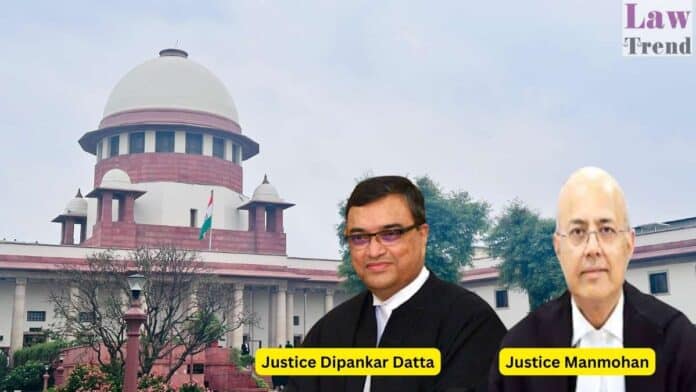The Supreme Court of India, in the case of K. Subramaniam (Died) Through Lrs vs. M/s Krishna Mills Pvt. Ltd., has dismissed an appeal from a lessee’s heirs, upholding an eviction order. The Court affirmed that the mere pendency of proceedings challenging a fair rent fixation does not protect a tenant from “wilful default” for
To Read More Please Subscribe to VIP Membership for Unlimited Access to All the Articles, Download Available Copies of Judgments/Order, Acess to Central/State Bare Acts, Advertisement Free Content, Access to More than 4000 Legal Drafts( Readymade Editable Formats of Suits, Petitions, Writs, Legal Notices, Divorce Petitions, 138 Notices, Bail Applications etc.) in Hindi and English.




